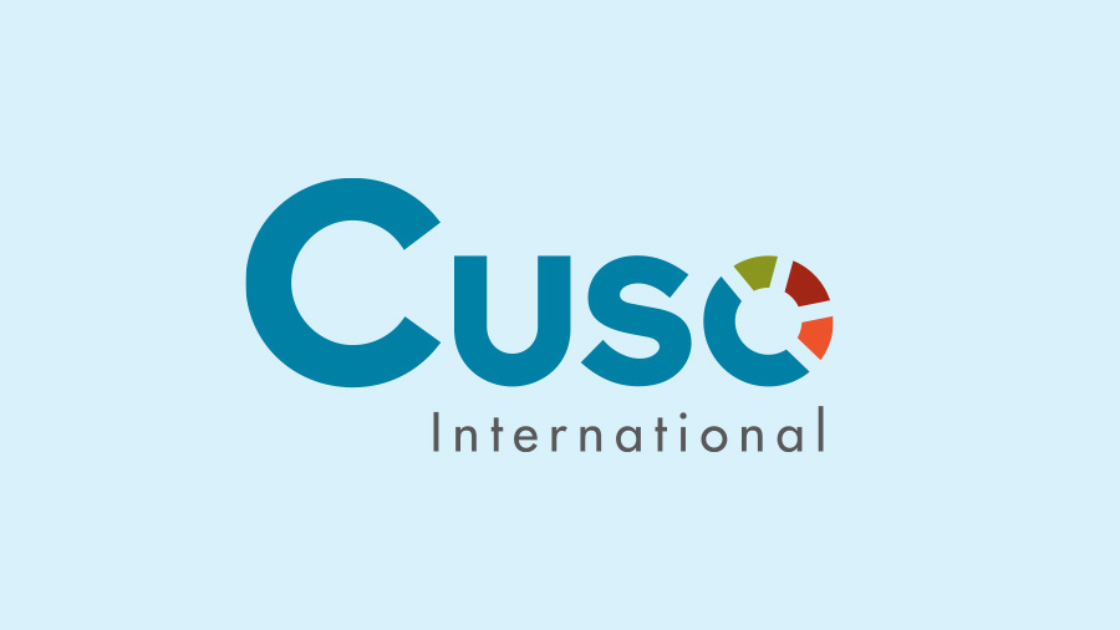In Memoriam: Brian Mulroney, the Environmental Steward
News

As we remember the legacy of former Canadian prime minister Brian Mulroney, we should pay special attention to the prominent, sometimes trailblazing, role he played on the world stage. On many occasions, his vision and determination, when championing the rights of seemingly distant, underserved and oppressed groups, made Canada stand out as a moral leader in the family of nations.
In 1991, Mulroney negotiated and signed the Air Quality Agreement, an environmental treaty with the United States that would lead both countries to drastically reduce emissions causing acid rain along our shared border. That same year, under his leadership, Canada was the first among Western allies to recognize Ukraine’s independence.
In the mid-eighties, Mulroney’s was the first Western government to send humanitarian support to Ethiopia to combat the expanding famine. Around the same time, Mulroney started putting pressure on the South African regime to end apartheid and free Nelson Mandela. This was bold as it put him very publicly at odds with British Prime Minister Margaret Thatcher.
Each in their own way, these actions speak to the international development challenges we face today. The ongoing conflicts in Ukraine and Gaza, in addition to their mounting death and injury tolls, are also exacerbating hunger and tearing apart the social fabric. In Africa and elsewhere, underserved groups and communities struggle to access employment. Progress is being made to develop sustainable economic opportunities for large segments of the population, especially women, but not fast enough. Coastal and sub-Saharan regions are increasingly, and disproportionately, experiencing the disruptive impacts of climate change. Those are but a few of the many challenges that Canadian international development and humanitarian organizations are addressing every day.
To do this, we invest in broad consultation, local expertise, and promising innovation as we build and adapt our programs. We also rely on financial support from the federal government and other funders, corporate partners, individual donors, and the in-kind contributions of thousands of volunteers. Underlying all those joint efforts and initiatives is a shared belief that Canada, regardless, or perhaps because, of its middle-power status, has a key role to play in the alleviation of poverty and underrepresentation.
For generations, that sense of accountability, the refusal to ignore the plight of the less fortunate among us, led to tangible, lasting impacts on the lives of millions around the world. It also helped to shape the modern Canadian identity. Today, while some recoil at the potential risks and real costs of Canada’s involvement abroad, most of our political representatives embrace this image of Canada as a broker, a facilitator that brings friends and adversaries to the table to advance compromise and hash out actionable solutions.
Anchored in fundamental human rights principles and values, Canada’s foreign policy must continue to carry Brian Mulroney’s legacy into the future. This responsibility may lie primarily with Canada’s leaders, but it also rests with all of us. Their job is to figure out the how; ours is to remind them of the why. Together, our mission is to muster the courage not to defer the when.